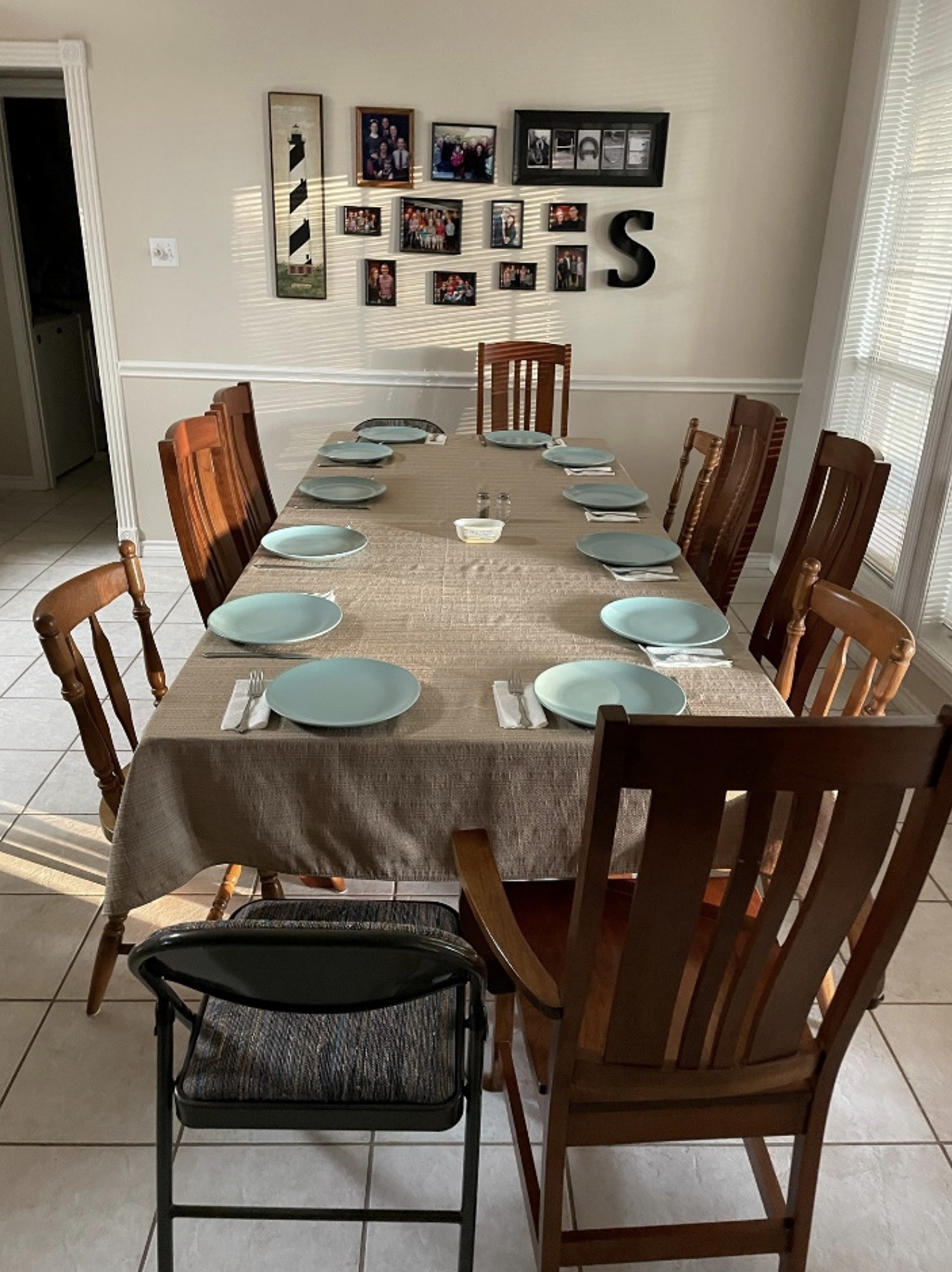Dangling Conversations
November 3, 2022
|
Michael K. Shaub
The songs of Simon and Garfunkel were part of the soundtrack of my youth, touching on a wide range of emotions from throughout life. I wondered how singers so young could have insights into all the stages of life, but several of their songs still strike me as remarkable. “Old Friends” spoke of two men who “sat on the park bench like bookends,” and included the haunting phrase, “How terribly strange to be seventy.” Even as an adolescent, it made me aware that I would be old one day.
The fourth song they released was called “Dangling Conversation,” about a middle-aged-or-older couple who had lost contact with one another emotionally. It was less of a hit than their first three, perhaps because it was so inward-looking, including this verse:
“And you read your Emily Dickinson
And I my Robert Frost,
And we note our place with bookmarkers
That measure what we’ve lost.
Like a poem poorly written,
We are verses out of rhythm,
Couplets out of rhyme
In syncopated time.
And the dangling conversation
And the superficial sighs
Are the borders of our lives.”
We have two chairs in our living room, side by side, where we read our versions of Dickinson and Frost—Beverly Lewis and The Wall Street Journal or, on a bad night, Facebook and Twitter. But we also have an oversized chair in the next room that we share to watch a movie or the news together. We have our dangling conversations, but they mostly resolve themselves around a bowl of popcorn or through a walk around the neighborhood.

And there are other chairs in our home, placed around an Amish table, that remind us that life is not just about those adjoining chairs in the living room, but about the investment of our lives in people. Last night we gathered again and heard the stories of students’ lives, captivated by the complexities they have lived through in their childhoods and the lives they wrestle with today. They shared tales of challenges overcome to get where they are—significant surgeries, living away from family as a teenager, even military service.

Next to me was the woman they come to see, listening intently, noting important details, and sharing insights. I often sit quietly, not just to hear the stories but to watch her deft touch with hearts. She does the same thing weekly with mothers of young children and with international students in other settings. She cooked the meal and prepared the setting that would allow them to connect with one another. And they did—while waiting for the last dinner preparations, at the table, and even standing around waiting to go out the door. I had the sense they really did not want to leave each other at the end of the night.
The dangling conversations never fully resolve in these evenings, leaving the door open to the next opportunity. That next chance to connect could happen with each other in an apartment, a classroom, or a coffee shop. Sometimes those connections continue in my office. But they were triggered by the desire of one woman to invest in others’ lives to make them richer.
I know because she has been doing the same thing for me for 45 years. And I know because of what my students have told me throughout the years. Last night, after the students left, I plopped down in my Robert Frost chair and checked my email. It contained a request from a former student for a recommendation for a PhD program. Several years ago, she had been in the exact same class that the students around the table are in this semester. After updating me on her life and talking about how helpful one of my colleagues had been in counseling her, there was this: “I hope you and Linda are both doing well. I had dinner at your home once and I’m pretty sure I had two servings of blueberry crumbles.”
My students generally know my wife only by her title, The World’s Most Beautiful Woman. I can say with confidence that this student met my wife only once. And yet she remembered not only her name, but the taste of the dessert that said to her, “You are welcome in our home.”
There may be a day when the two of us are “couplets out of rhyme,” as Simon and Garfunkel would say. There are days we live our lives in syncopated time, like any other couple. But the Dickinson and Frost chairs are not the only chairs in our house. And when the conversations dangle, I will be there, sitting by her, until they resolve.


